Kintsugi
June 2020
Kintsugi is a Japanese process of repairing broken ceramics with gold lacquer.
Kin = Golden
Tsugi = Joinery
It’s a beautiful Zen concept from that means when a precious bowl or plate is damaged, we should not try to make the repair invisible as we do in the West, rather when the ceramic is re-joined the cracks are highlighted as beautiful and strong. The precious veins of gold that run through the bowl are there to emphasise that the breaks are part of the story and should be remembered and revered.
To me Kintsugi represents resilience. The experiences in life that broke us, damaged us, hurt us, caused us to suffer; those are the lines in our life’s fortune that should be repaired with gold. Not to be ashamed of, or hidden; rather to be seen as the source of our strength and resilience.
For many years I was ashamed and hid the scars of war on my body; but have now accepted them and celebrate them as my Kintsugi.
So I was deeply moved when my dear friend Toni Hollis created these pieces of Kintsugi from the images and stories of two South Sudanese women. The art work is part of the VENT project.
For Catarina Kade, 70, life in South Sudan had been good. Her friends and family lived close, there was plenty of food, and the paths and roads were smooth so she could get around in her wheelchair.
Then the war came to Catarina’s village and they started to slaughter her community. Her family helped her as best they could, but as they fled Catarina had to leave her wheelchair behind due to the rough terrain. So for the journey, which took a week, she had to be carried. She finally made it to Omugo refugee camp in Uganda.
Catarina now feels lonely in the camp. It is very rocky, and she cannot move easily. She wishes she could go to have a chat with her neighbours but spends most of her day alone in the shade of her hut. The rough ground means she cannot even make it to the communal toilet.
“When you are disabled, you cannot deny it, you have to put up with your daily life,” she said, “but can we make the floor flatter so I could move?”
She misses the shade of the Thou tree at home, where she would spend time with her friends.
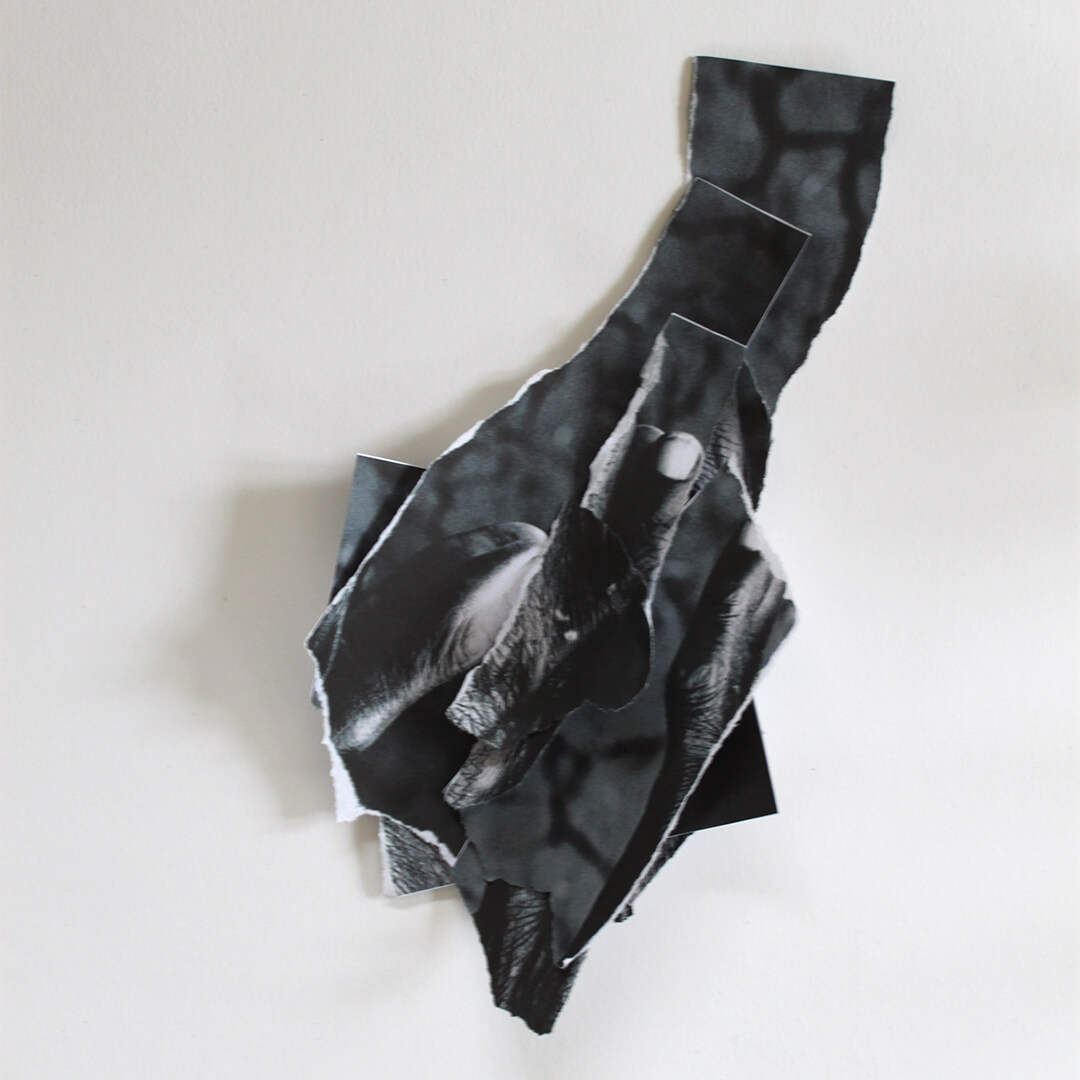
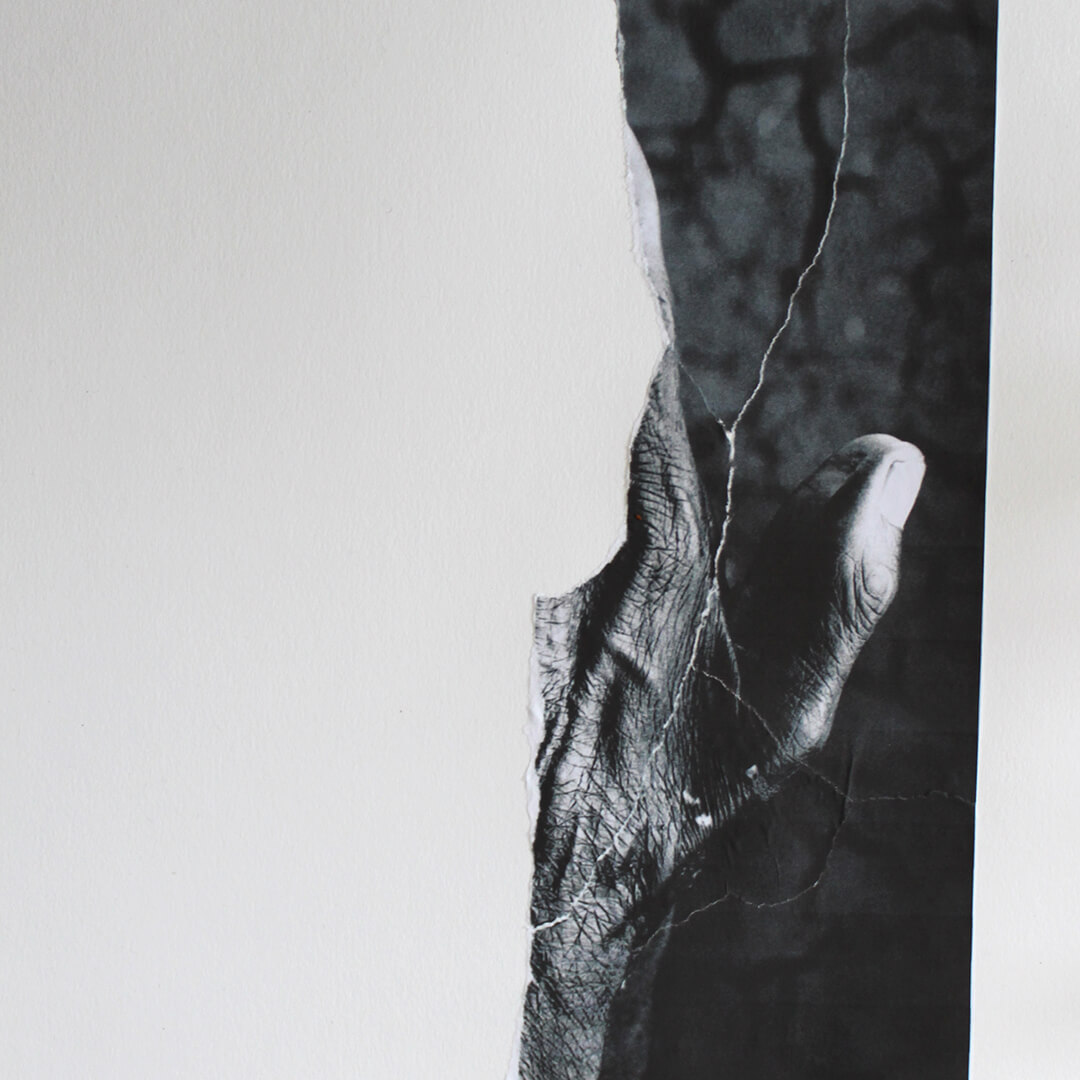
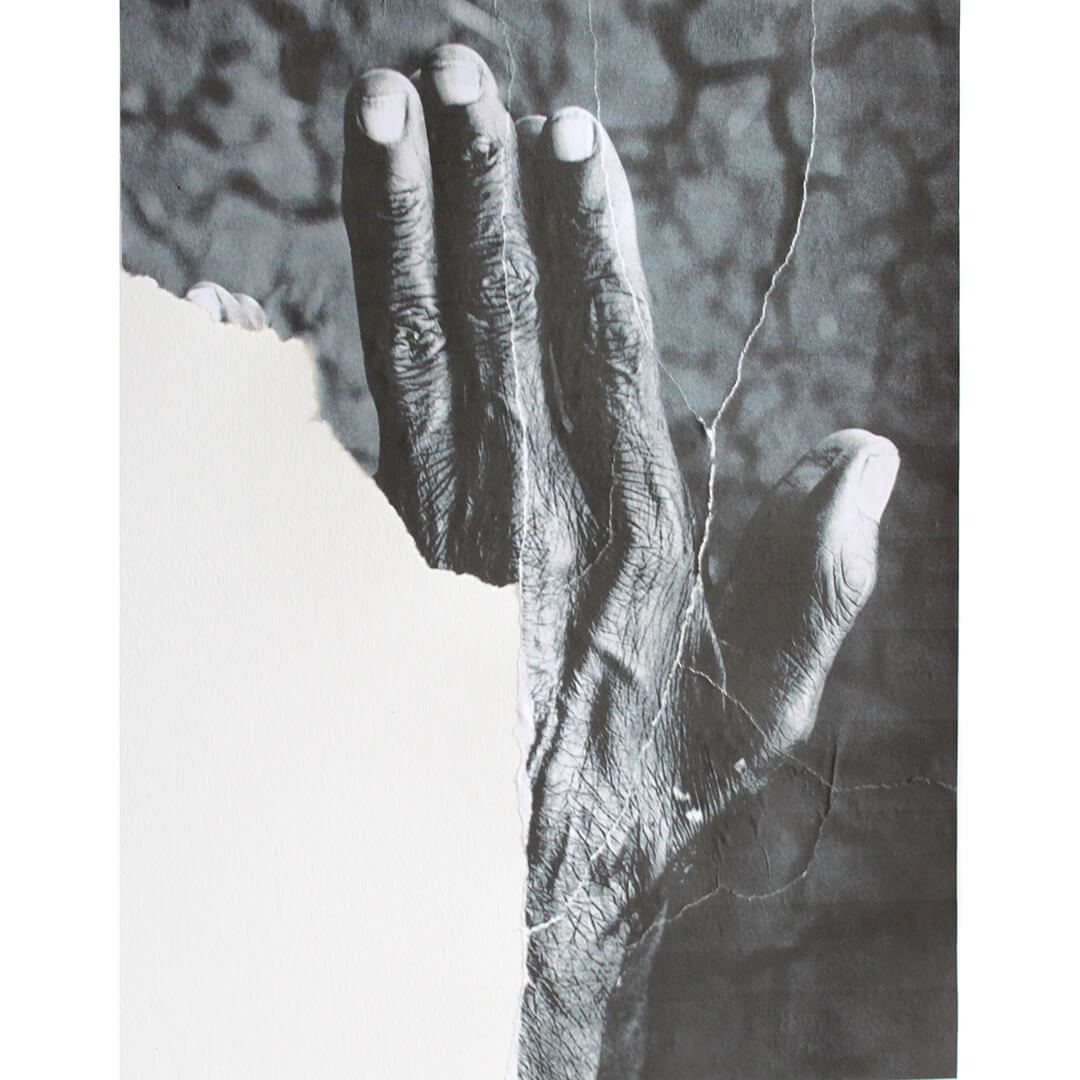
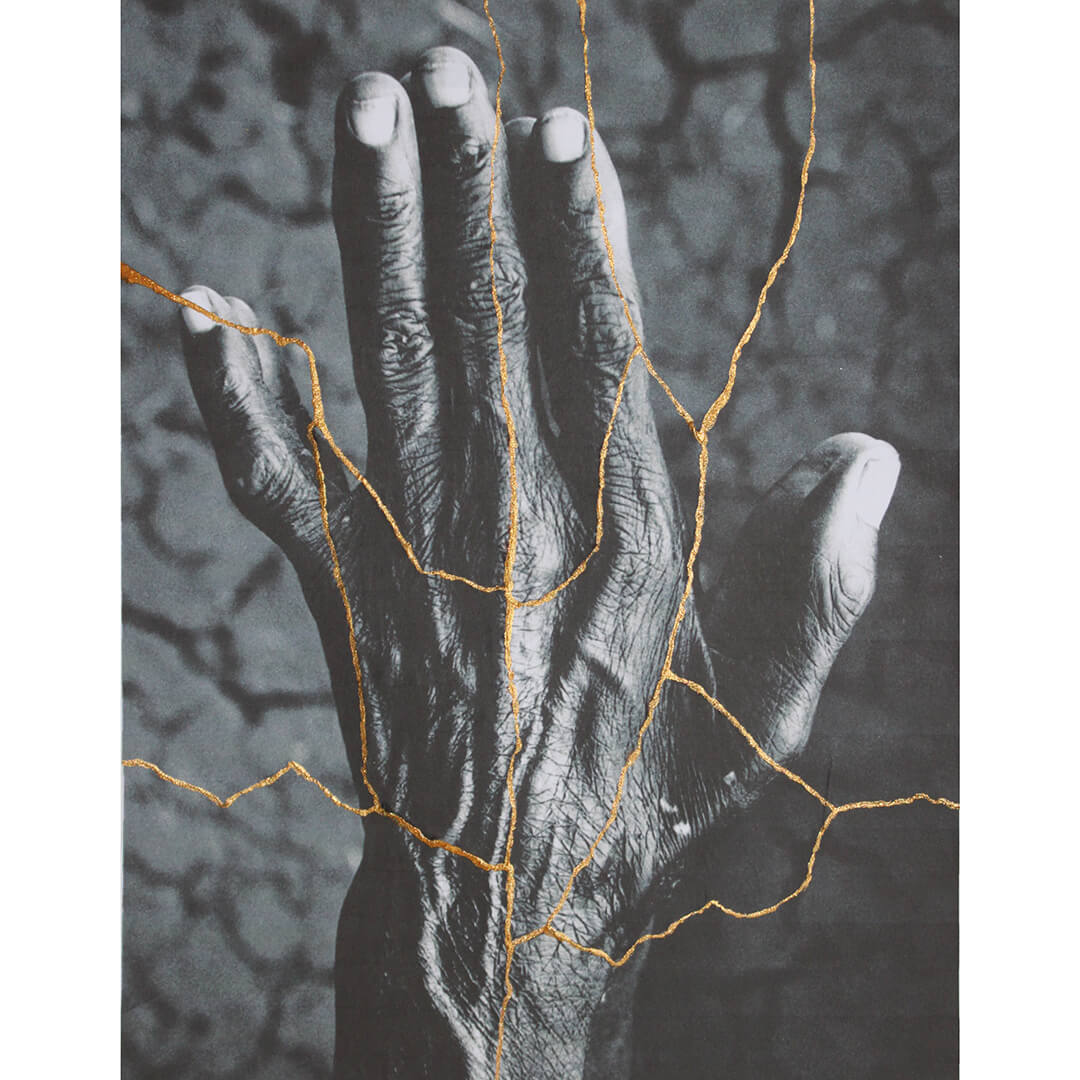
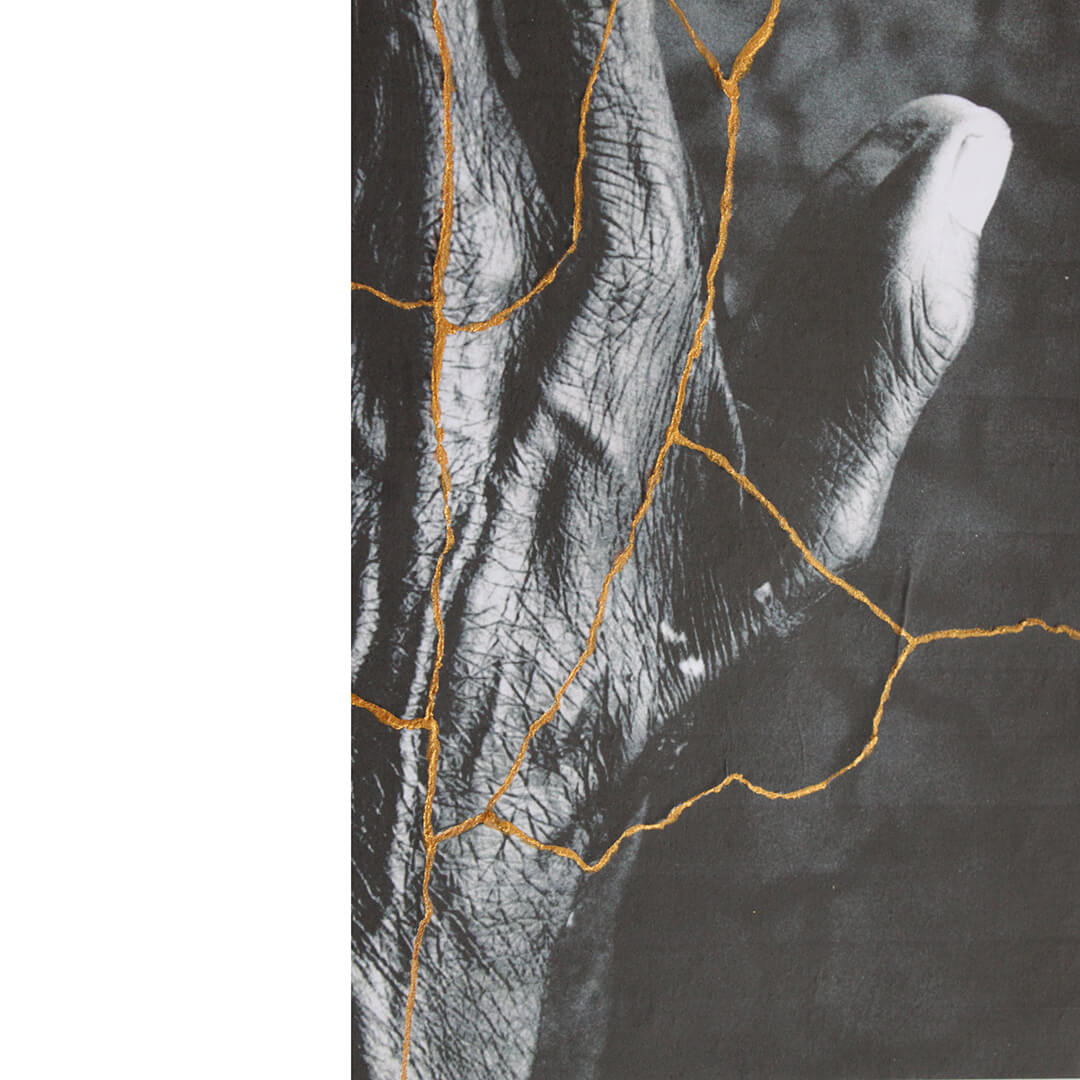
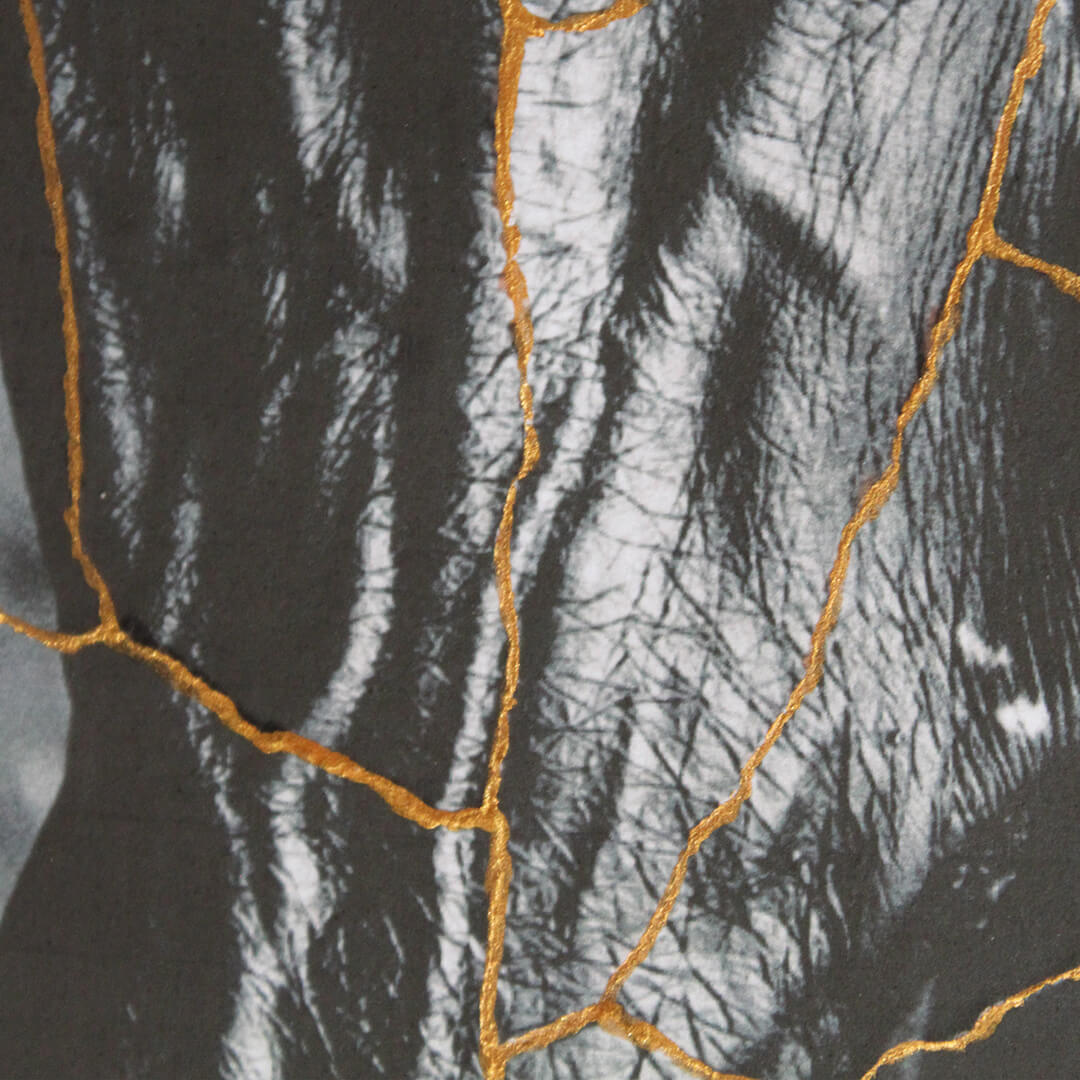
From the moment I first spoke with Deborah Nyuon I knew I’d met an incredibly special woman. Despite living in an IDP (Internal displaced persons) camp in South Sudan for five years, she is still blessed with a positive and infectious energy for life. She has a wicked sense of humour, an incredible memory and poetic voice.
On seeing my injuries, she smiled and said:
“You still have your eyes so you can see. You still have your ears so you can hear. And you still have your hand so you can write down your words. So don’t worry about what you have lost.”
Coming from a woman like her, who has suffered and lost so much, it’s a lesson we can all learn from. To focus and be thankful for all that we have in life.
And how old is Deborah? “I stopped counting a long time ago”, she told me, “only god knows now!”
Deborah has one last dream before she dies, to return home and taste the milk of her childhood. “I miss the taste of home. When I see people carrying milk I think of home. That is why we are crying, to get back to our cows. If I have milk, I know we also have peace,”
For Deborah and Catarina, their lives are still broken, the cracks visible. My one hope is that their lives, like the lives of millions of other refugees, will one day be repaired. Their stories no longer shattered by war; but held together by gold.
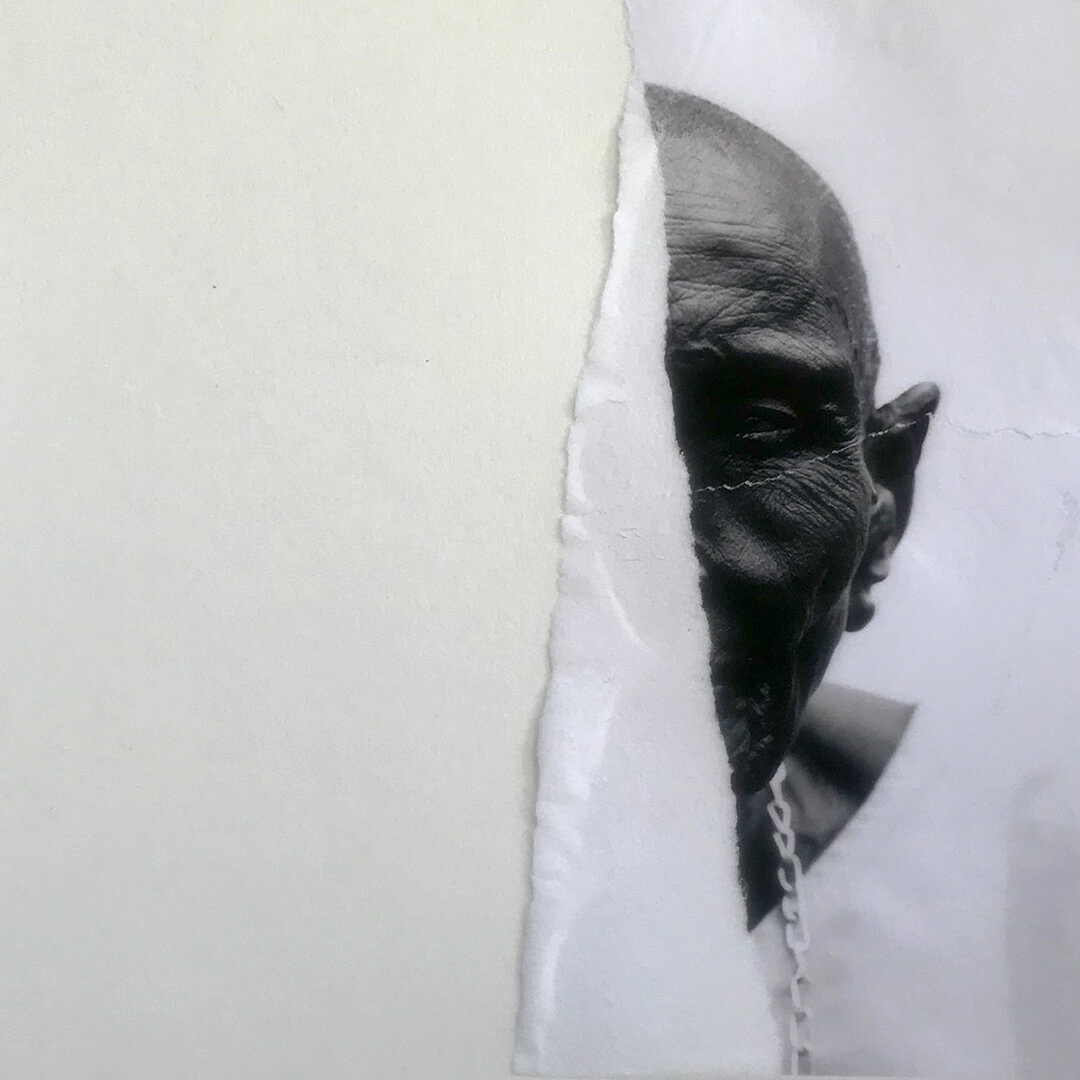
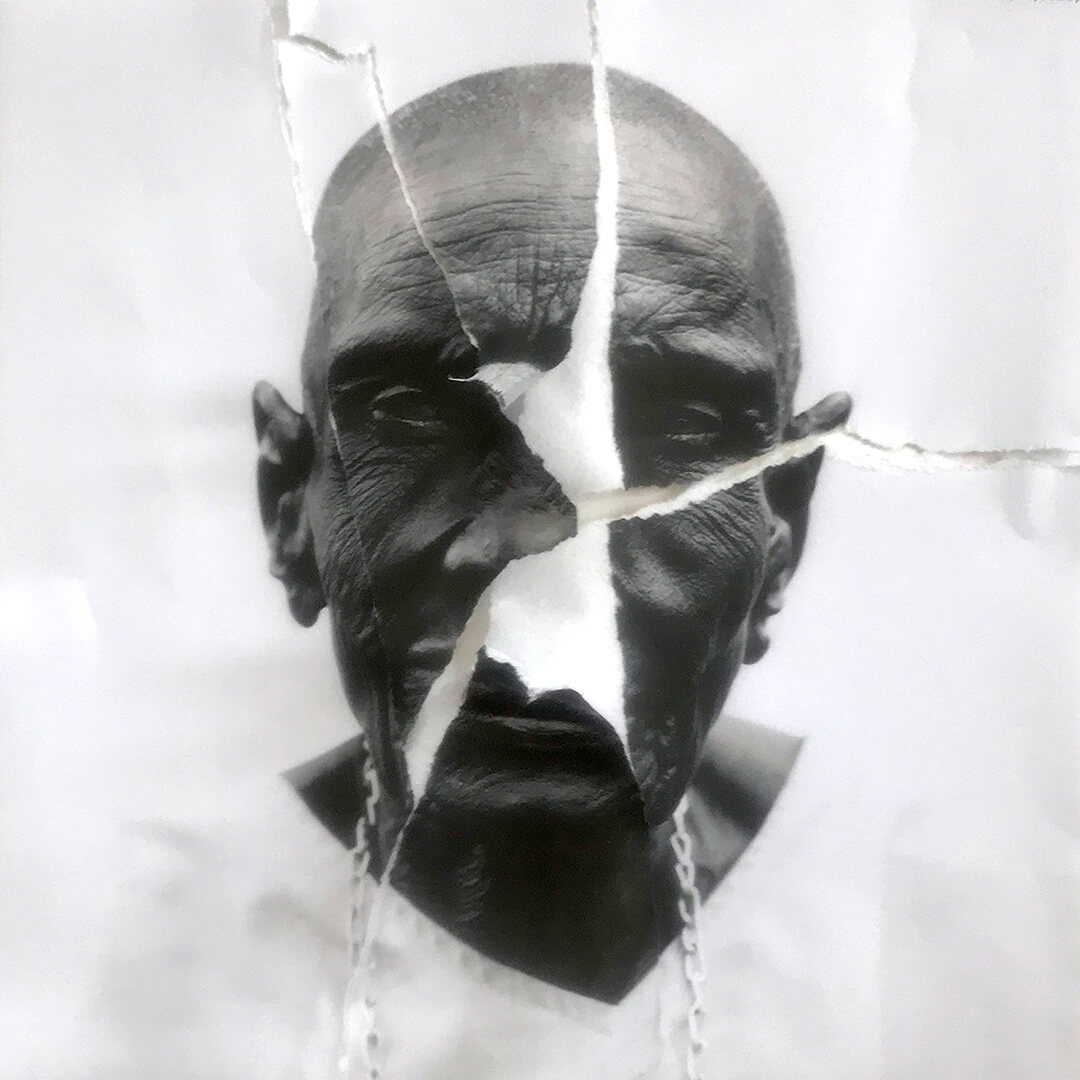
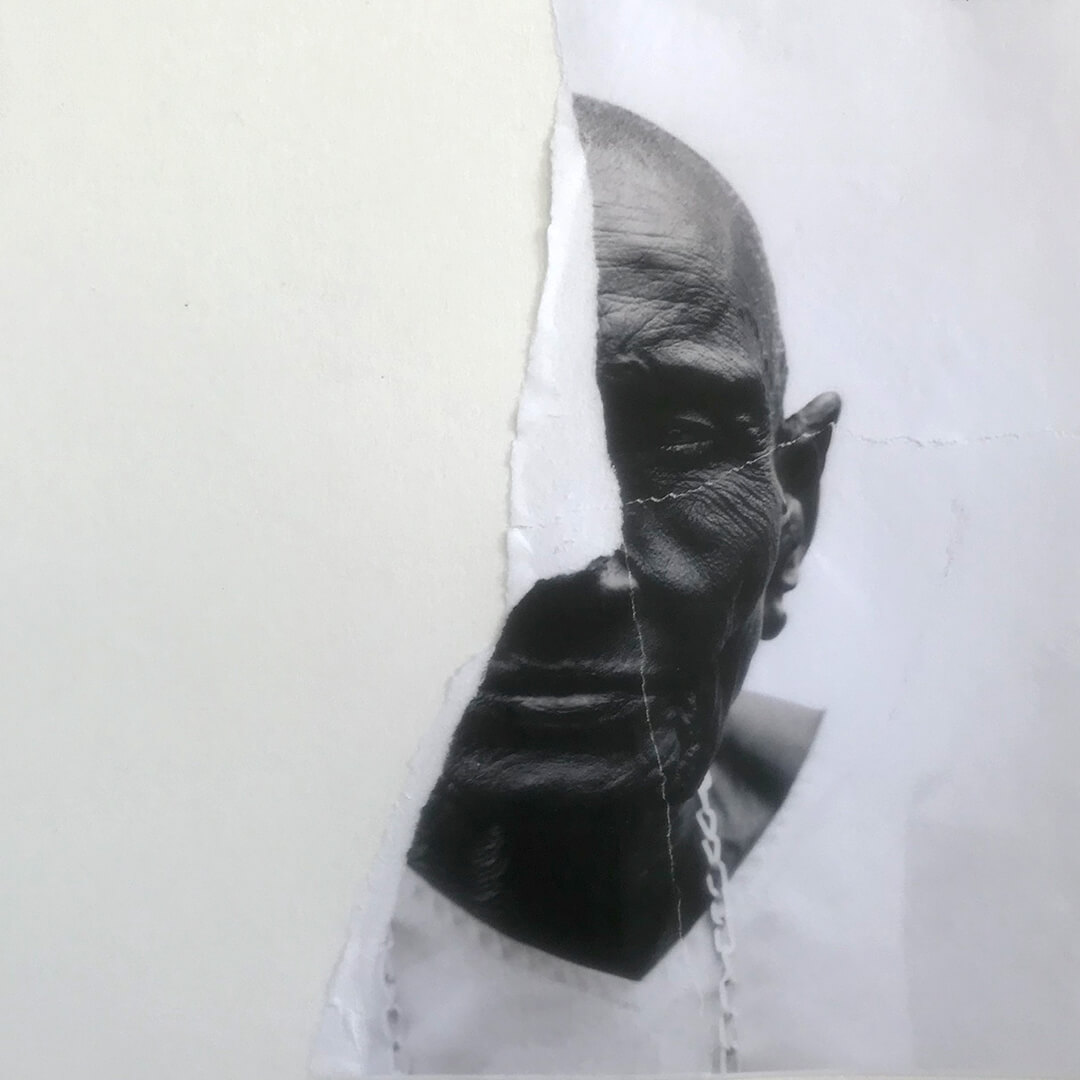
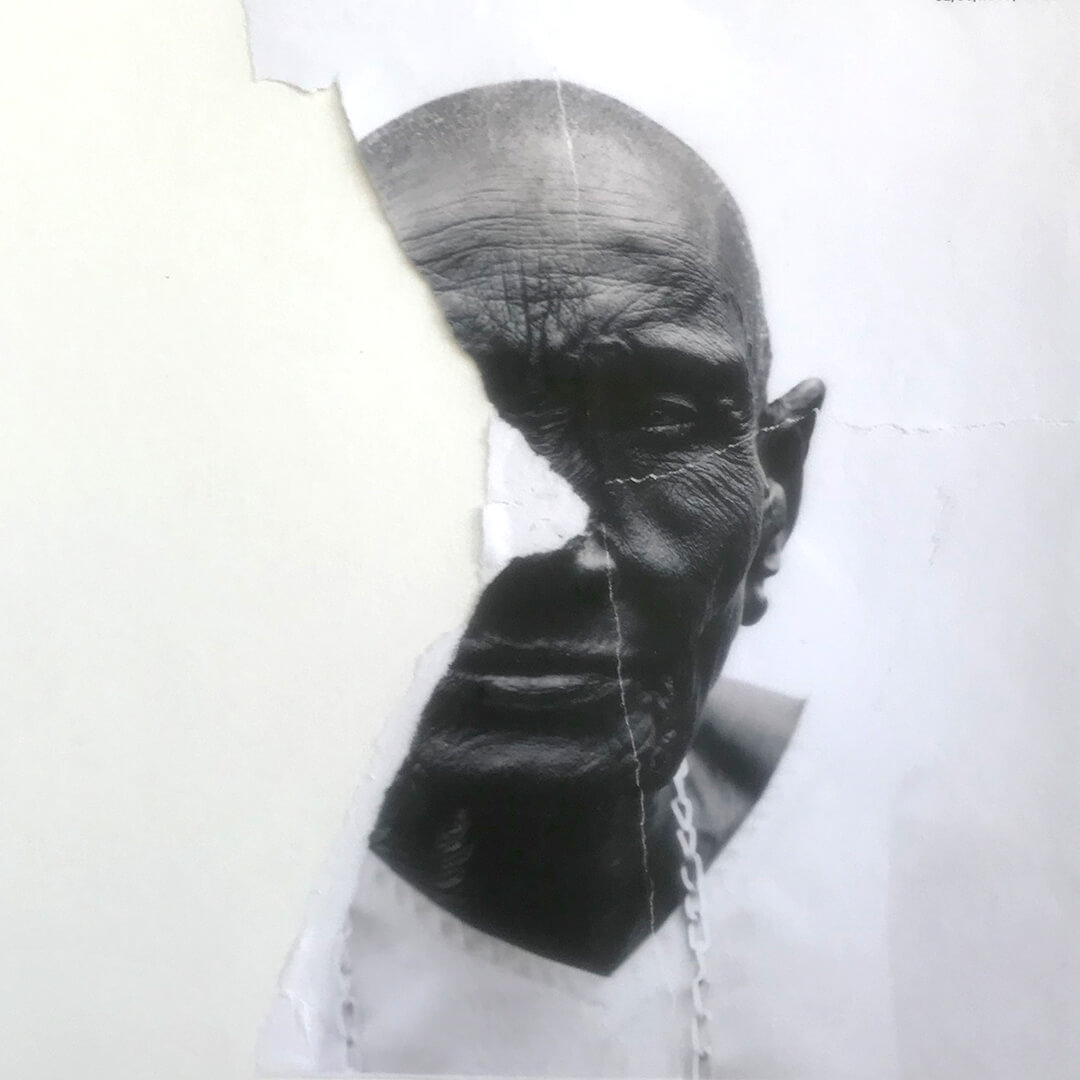
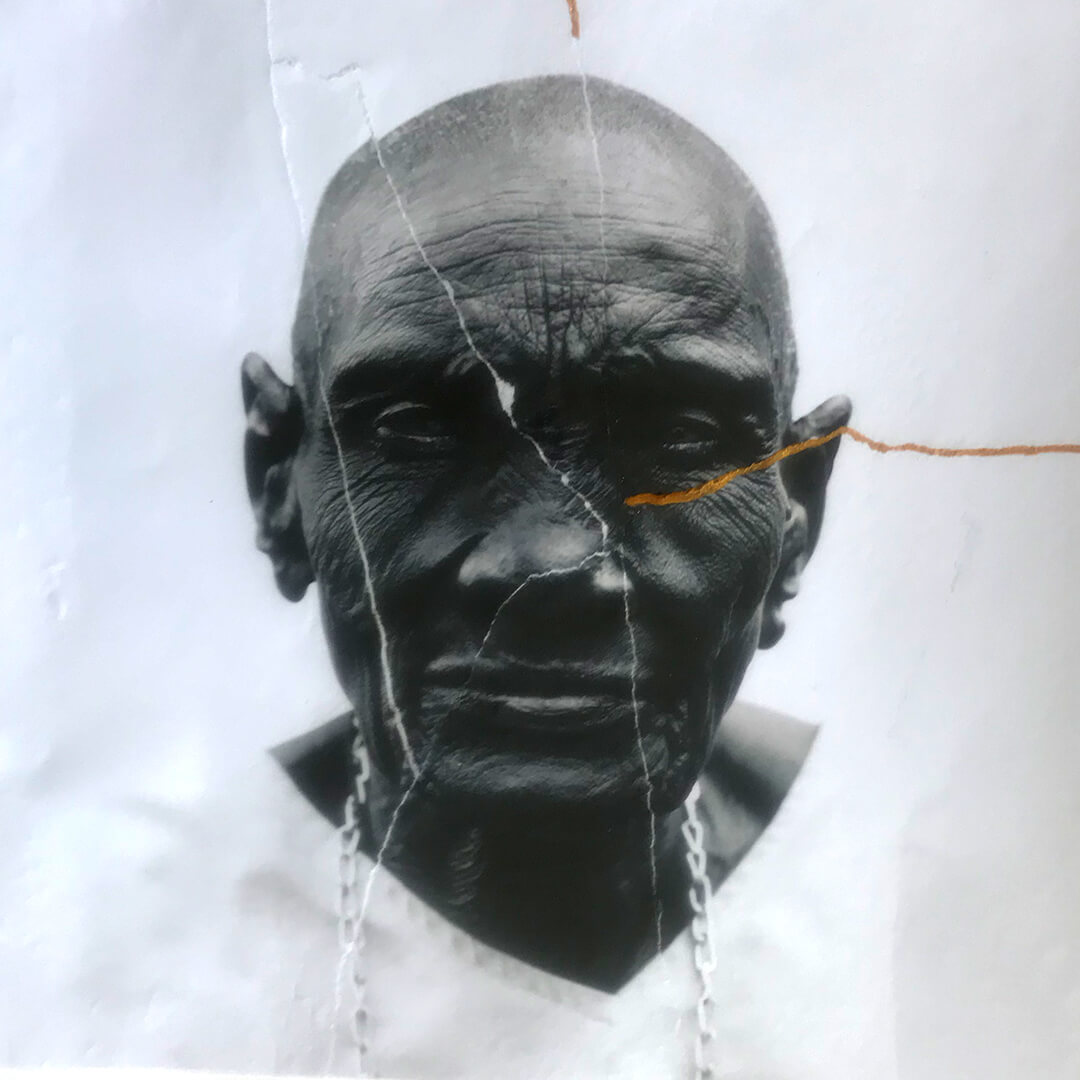
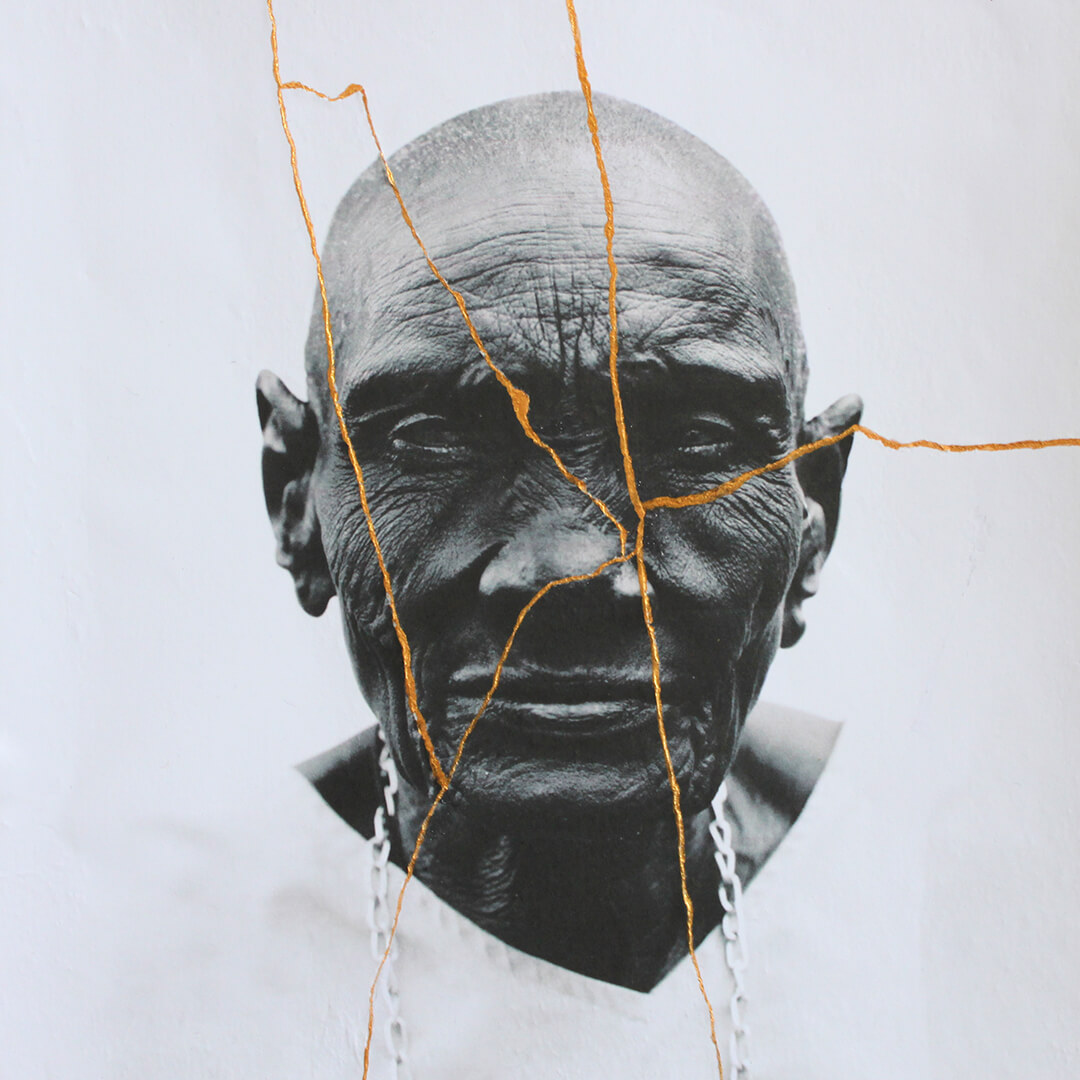
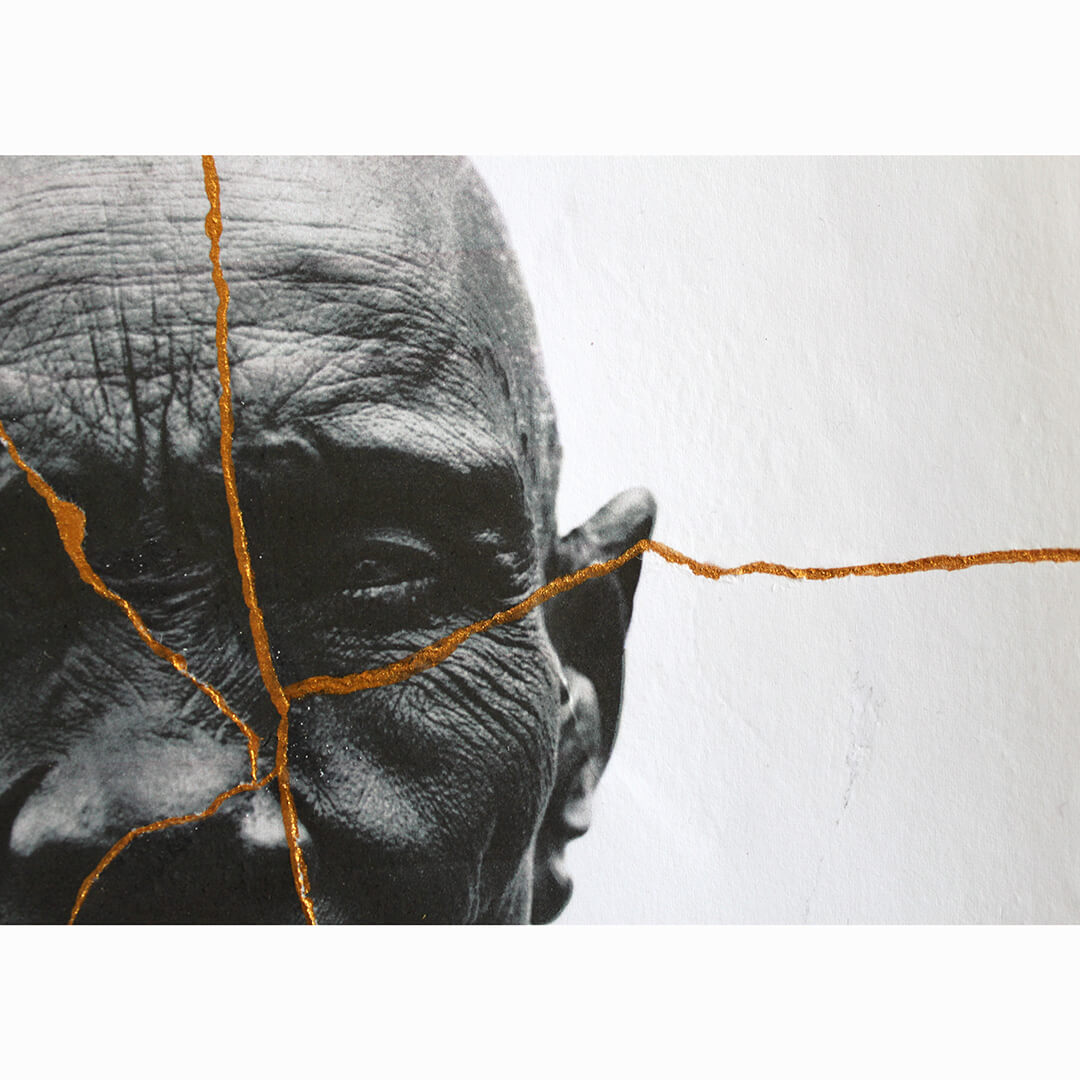
OTHER STORIES